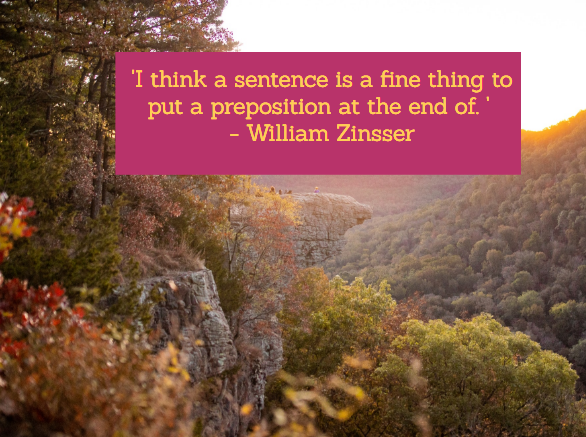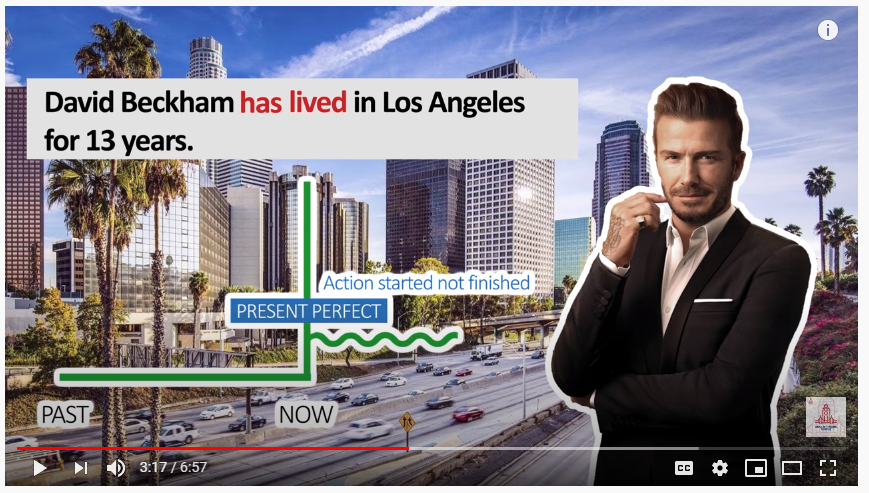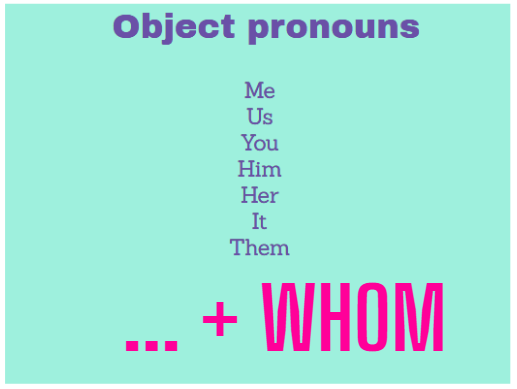The difference between who and whom may seem a little bit difficult but it is actually quite easy and simple. However first of all let’s start off with understanding what type of words these two words are. So let’s begin by looking at ‘who’. What type of word is ‘who’? Who can be a relative […]
Importance of Reading Newspapers for Students
Reading newspapers is important for students learning a foreign language including English. In this article we will look at some of the benefits. 1. Expanding vocabulary. When you read a newspaper article you will inevitably see new words and phrases e.g. phrasal verbs that you may not understand. This is good because after seeing […]

Inspector Goole, a character analysis.
The role/function of Gerlad’s character in the play. In this series of articles we have looked at the role of each character in the play and what function they serve and how Priestley is using them. In terms of the inspector: Priestley does not tell us who exactly this mysterious character is. The mysterious aura […]

Gerald Croft, a character analysis.
The role/function of Gerlad’s character in the play. We have looked at the reasons why J.B. Priestley created the other characters and they purpose they serve in the play and the message that the politically active J.B. Priestley was trying to promote. In terms of Gerald. He represents the social hierarchy present within British society at […]

Sentences with whose
Sentences with whose ‘Whose’ is used to indicate that something belongs to someone. It is different to ‘who’s’. ‘Who’s’ is two words joined together. ‘Who’ + ‘is’ to make ‘Who’s’. We use it to talk about the person doing an action. Here is a list of 25 sentences with whose. Whose pen is this? Whose […]

Ending a sentence with a preposition?
Ending a sentence with a preposition. Many people have been taught that it is grammatically wrong to end a sentence with a preposition. This is actually incorrect. In this article we will provide examples. Some times you must end the sentence with a preposition. Who did you go with? Why did you do that for? […]

The present perfect in English
In this article we will talk about the present perfect. Form The form of the present perfect is we put Subject + past participle. I have done We have done You have done He has done She has done It has done They have done. Remember for he, she and it we use “has” not […]
List of prepositions.
List of prepositions Here is a list of some of the most common prepositions in English. What is a ‘preposition’? A preposition is often about direction and location. Examples of prepositions are words like ‘to’, ‘in’, ‘on’, ‘for’ and so on. A preposition comes before a noun and shows how something is related to that […]

